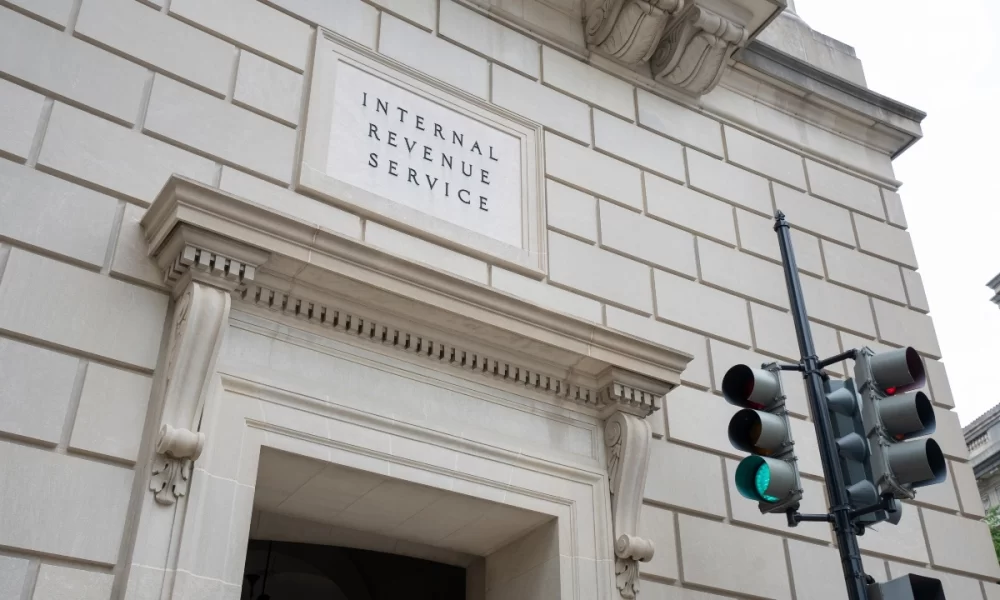Business
Opinion: Cannabis businesses could recoup millions on exit, thanks to ‘280E asset’

A combination of tax methods could help cannabis companies reduce their tax burden under Section 280E of the federal tax code.
If recent case law is applied equitably, the cannabis industry could be sitting on millions of dollars in unclaimed federal tax refunds.
The first, a method I call “the 280E asset,” is supported by very old case law and a recent federal claims court decision that barred the practice of deductions being recognized as basis.
Basis refers to a business owner’s investment in a business and that company’s investment in its assets.
For example, if a taxpayer buys an airplane for $1 million and then immediately sells it for $1.5 million, that’s a basis of $1 million and a gain of $500,000.
The 280E asset accepts that Section 280E prohibits the deduction of costs that cannot be recognized as cost of goods sold (COGS).
It also posits that 280E cannot permanently disallow the recognition of ordinary and necessary business expenses.
Under this theory, 280E expenses cannot be deducted in the year they are incurred, but they must be allowed as basis in the business or its assets and recognized on exit (when the business is sold) or when permitted under the taxpayer’s accounting method (more on this later).
U.S. tax law provides that if costs such as depreciation are deducted during the life of a business, you can’t recoup them (again) on exit.
Case law at work
In CBS Corp. & Subsidiaries v. U.S., the federal claims court held that disallowed expenses that were not personal in nature (just like 280E expenses) had to be recognized and allowed as basis and thus reduce gain on exit.
The costs at issue were depreciation of an airplane that was leased to a foreign commercial airline.
At the time, U.S. law provided that 30% of foreign source income was exempt from tax and the same corresponding 30% of deductions were disallowed (just like 280E).
CBS Corp. recognized the law and depreciated only 70% of the airplane.
The issue in that case was whether the taxpayer could reduce its gain on the sale of the airplane according to the 30% that was not depreciated during the life of the business.
The IRS argued in court that the airplane had to be treated as two types of property – one for which deductions were allowed and another for which they were never allowed (the same treatment is applied to cannabis business under 280E).
The court did not agree and instead held that disallowed deductions for ordinary and necessary business expenses resulted in “erroneous inflated gains, warranting the claimed tax refund.”
The marijuana industry is well acquainted with the erroneous inflated gains created by 280E, but it hasn’t seen many refunds.
If the CBS case holds true for the industry, it means millions in federal tax refunds should be available to companies and owners on exit.
Prepare for opposition
In claiming refunds for 280E costs, cannabis companies will likely be met by an opposing argument: Because the IRS can permanently disallow other expenses (bribes, personal expenses, meals, etc.), it can permanently disallow all deductions under 280E.
In the CBS case, the IRS made the same argument and pointed to past situations in which airplanes with personal and business use were permanently denied deductions for the personal-use portion.
Here, the court distinguished such cases as “inapposite” because they involved disallowed personal expenses.
But because Section 280E costs are ordinary and necessary business expenses, the IRS should recognize that they cannot be permanently disallowed.
The court’s decision in the CBS case is far worse for the government than 280E.
In that case, the taxpayer was allowed all of its deductions and 30% of its income was excluded from tax (resulting in a windfall).
Cannabis companies, meanwhile, pay tax on their 280E costs and, under the CBS case, they still must carry them until exit.
The good news is that under Section 471(c) of the 2017 Tax Cuts and Jobs Act, small businesses might not have to wait until exit any longer.
Section 471(c) is a statutory law and accounting method under which the tax rules that limit COGS do not apply.
Instead, the taxpayer can report its COGS according to its books and records.
Like the 280E asset theory, Section 471(c) should work because 280E merely disallows the “deduction” of an expense but does not permanently delete it.
If the law provides an accounting method that allows a deductible expense to be accounted for as COGS, 280E should not disallow it.
Because 471(c) allows the taxpayer, rather than the IRS, to determine its COGS, it might be the method that allows recovery of costs that cannot be deducted under 280E.
These are complicated concepts that require the assistance of a qualified tax professional.
That said, it appears that cannabis companies are more profitable than was previously thought because, under the CBS case, current and historic 280E costs should be recoverable on exit or as a component of COGS if permitted under the taxpayer’s accounting method.
Source: https://mjbizdaily.com/cannabis-businesses-could-recoup-millions-from-280e-asset/